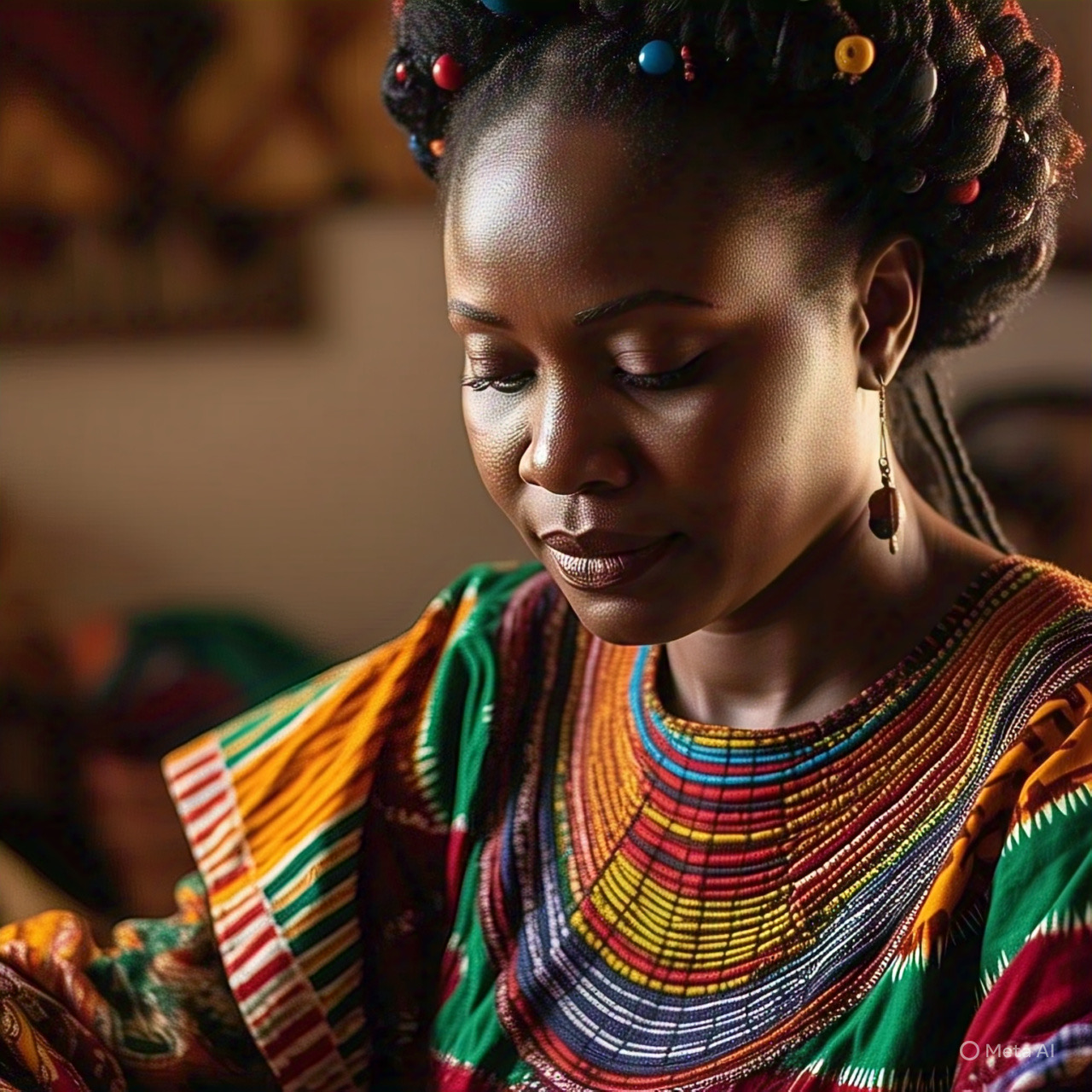We need to take a moment to pause and think about how our childhood affects how we see ourselves as adults today. The words spoken to us growing up, the love we felt—or didn’t feel—and even the silent expectations from our parents or caregivers can stay with us into adulthood.
Dr Gabor Maté, a well-known expert on emotional health, talks about how the emotional environment we grew up in shapes us in ways we might not always realise.
A Story That Might Sound Familiar
Take Ada’s story, for example.
As a child, she was often told not to cry or show too much emotion. Being “strong” meant keeping her feelings to herself. Even when she did well in school, no one clapped for her or said, “Well done.” She learnt to keep pushing, hoping that someday she would be noticed.
As an adult, Ada works hard, but deep down, she struggles with self-doubt. She tries to earn love and approval through her achievements—something she missed as a child.
Does that sound familiar?
So many of us grew up in homes where physical needs were met—there was food, school, and a roof over our heads—but emotional needs were often ignored. No one taught us how to feel our feelings or talk about them.
Why Our Childhood Still Matters
Whether we felt safe or constantly criticised—shapes how we see ourselves today. If love in your home came only when you were “good” or doing what others expected, you may now find yourself constantly trying to prove your worth.
It’s no wonder many of us deal with people-pleasing, fear of failure, or perfectionism. We wear a mask, trying to be “enough” for others, often forgetting who we really are underneath.
But here’s the truth: we were never meant to earn love.
How your upbringing affects your self image – It is time to take off the mask
Healing starts when we begin to see the connection between our past and our present. As Dr Gabor Maté says, “We must not confuse the behaviours we adopted to survive with who we are.”
You are not your coping mechanisms, nor are you the scared child still trying to win approval. You are a strong, beautiful soul who deserves love, kindness, and rest.
And one of the most powerful steps you can take is simply becoming aware.
As we say in Nigeria, “He who does not know where he is coming from will not know where he is going.” When you understand how your past shaped you, you’re better equipped to shape your future.
Let’s talk about how your upbringing affects your self-image
Have you ever thought about how your upbringing shaped the way you see yourself today? I’d really love to hear your story. Drop a comment—let’s talk about it.
Remember, you’re not alone. And your healing matters. Let’s grow together, one gentle step at a time.


1 thought on “How Your Upbringing Affects Your Self-Image”
Wow… this hit deep. It’s wild how much of who we are today can be traced back to how we were raised.
The praise we had to earn, the tears we had to hide, the love that felt so conditional.
As a parent, this made me so emotional.
Their behaviour is just a mirror of what they’ve seen or felt from us and that’s tough to admit. But also, It’s freeing because if they learned it from us, they can also heal with us.
Thank you for this amazing piece.